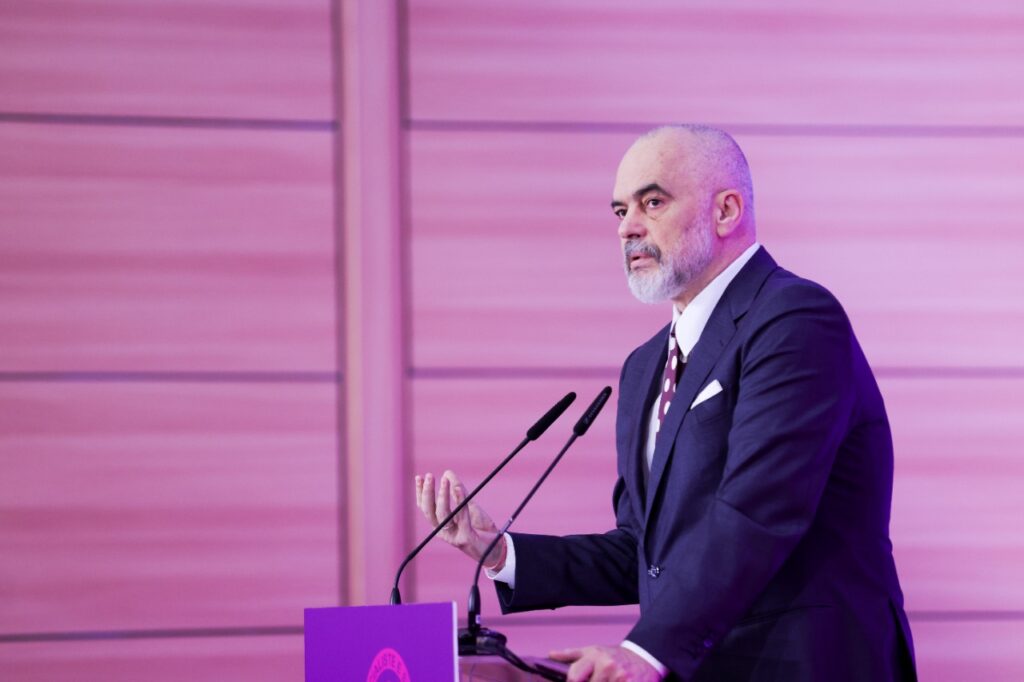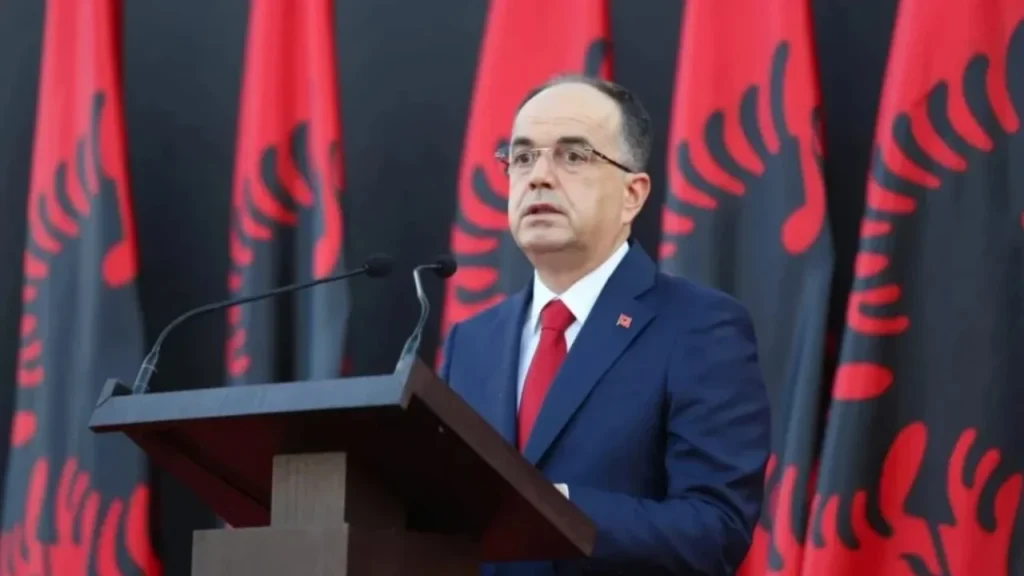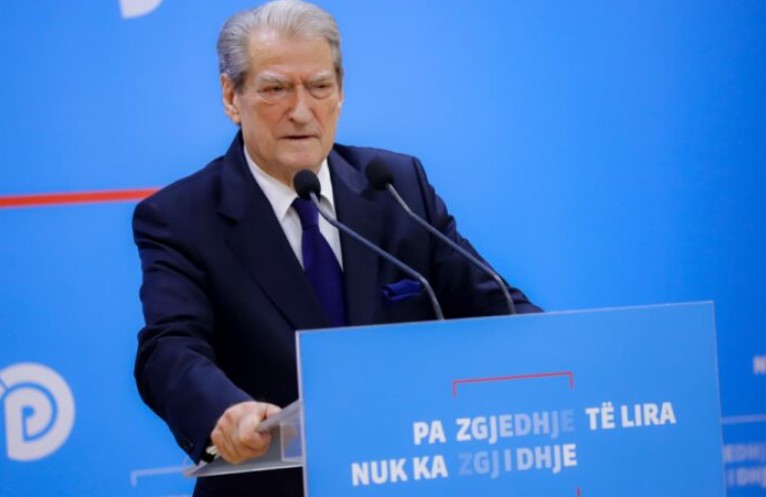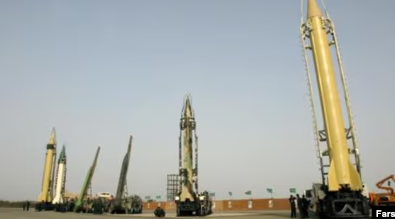OSCE: Voters offered a distinct choice in Albania’s local elections, but politicization of state institutions undermined process
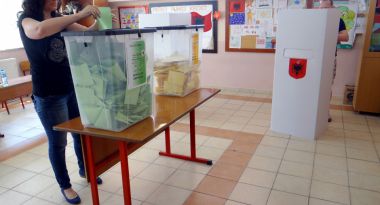
TIRANA, 22 June 2015 – While voters were offered a distinct choice from among a range of candidates and fundamental freedoms of expression and assembly were generally respected, the politicization of institutions involved in the 21 June local elections in Albania undermined the effective administration of the process, international observers concluded in a statementissued today.
The observers from the OSCE Office for Democratic Institutions and Human Rights (ODIHR), the Council of Europe's Congress of Local and Regional Authorities, and the European Union’s Committee of the Regions assessed election day positively, by and large, although there were many cases of group voting and some procedural irregularities. While counting was still ongoing, the statement said that the initial stages were generally positive.
“In these elections there was a choice between a range of candidates, and campaigning in the main was calm,” said Ambassador Audrey Glover, Head of the OSCE/ODIHR Election Observation Mission. “The legal framework could have provided the basis for a democratic election. However, because of the lack of will to implement it effectively and the politicization that pervades the institutions involved with elections in this country, this was not achieved.”
The Central Election Commission (CEC) generally operated openly. The politicized nature of its discussions, however, resulted in inconsistent decisions, undermining public confidence in the independence of election administration, the statement said.
Campaigning was active and visible in urban areas and low-key in rural areas, and while the tone was improved, the larger parties continued to employ personal accusations, the observers said.
The elections were the first to choose mayors and councils in each of 61 newly formed municipalities in the country, and have been viewed as an important test for the ongoing reform of local government.
“Now that election day is over, the challenge is for mayors and councillors to deliver local government programmes,” said Stewart Dickson, Head of the delegation of the Congress of Local and Regional Authorities of the Council of Europe. “Implementing decentralization, which is in line with the Congress’ standards, is crucial for the further progress of the country in terms of democracy and stability.”
In total, 63 parties were registered, as well as 158 mayoral candidates and more than 36,341 candidates for municipal councils. While this provided voters with a range of political alternatives, the inconsistent application of candidate registration rules hindered citizens’ rights to stand on an equal basis, the observers said.
There were widespread allegations of pressure on voters, which raised concerns about their ability to cast ballots free of fear of retribution, the observers said. A number of senior figures from the largest governing parties used state events and resources for campaign purposes, including handing out certificates giving individuals legal rights to properties.
Despite the large number of media outlets, their affiliation with the main political parties led to direct interference in editorial autonomy and limited pluralism of viewpoints. Campaign news footage was predominantly produced by the parties themselves, blurring the difference between editorial content and political advertising. Each of the television stations monitored, including the public broadcaster, favoured one or another of the largest parties in their coverage. Although required to do so by law, the CEC did not fine television stations for violating equitable coverage provisions.
All parties met the new requirement of a 50/50 gender balance on their candidate lists. Ten per cent of mayoral candidates were women. Increased attention was paid to women voters, including in campaign platforms and voter education.
 KOHA JONË SONDAZH
KOHA JONË SONDAZH










